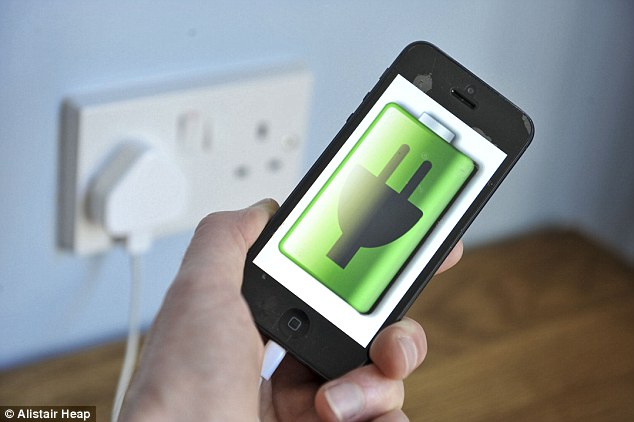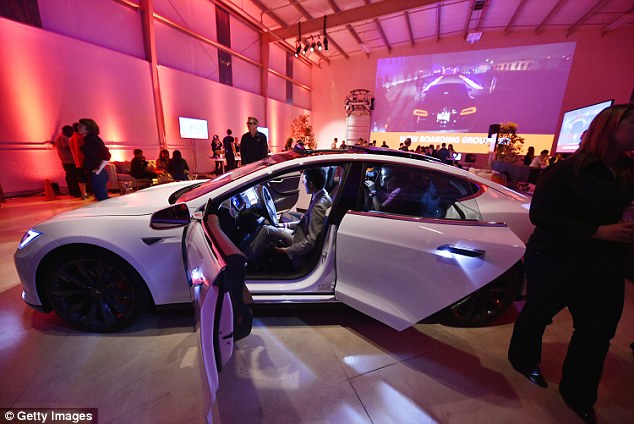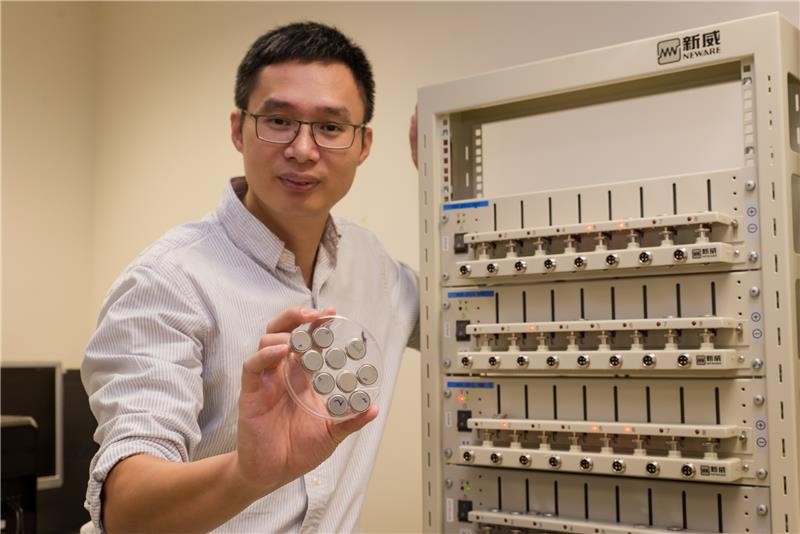Singapore's NTU Develops New Li-Ion Battery That Can Last Over 20 Years
What's more is that this next generation lithium-ion battery can last for over 20 years.
Researchers at Nanyang Technology University (NTU) have developed a next generation lithium-ion battery that can be recharged up to 70 percent in just two minutes, and have a lifespan of more than 20 years, according to ScienceDaily
Scientists from Nanyang Technological University (NTU Singapore) have developed a new battery that can be recharged up to 70 per cent in only 2 minutes. The battery will also have a longer lifespan of over 20 years.
sciencedaily.comExpected to be the next big thing in battery technology, this breakthrough has a wide-ranging impact on many industries, especially for electric vehicles which are currently inhibited by long recharge times of over 4 hours and the limited lifespan of batteries.
The new battery isn't altogether new. It's actually just an improvement upon existing lithium-ion technology. The battery would charge an entire electric car in just 15 minutes.
This next generation of lithium-ion batteries will enable electric vehicles to charge 20 times faster than the current technology. With it, electric vehicles will also be able to do away with frequent battery replacements. The new battery will be able to endure more than 10,000 charging cycles -- 20 times more than the current 500 cycles of today's batteries.
sciencedaily.comThe key comes in the form of nanostructures. Instead of the traditional graphite used to create the lithium-ion battery's anode, this new technology uses a cheap titanium dioxide gel, the same kind of material used in sunscreen to absorb UV rays.
NTU Singapore's scientists replaced the traditional graphite used for the anode (negative pole) in lithium-ion batteries with a new gel material made from titanium dioxide, an abundant, cheap and safe material found in soil. It is commonly used as a food additive or in sunscreen lotions to absorb harmful ultraviolet rays.
sciencedaily.comNaturally found in a spherical shape, NTU Singapore developed a simple method to turn titanium dioxide particles into tiny nanotubes that are a thousand times thinner than the diameter of a human hair.
sciencedaily.comThis nanostructure is what helps to speeds up the chemical reactions taking place in the new battery, allowing for superfast charging.
sciencedaily.comIt is invented by Associate Professor Chen Xiaodong from the School of Materials Science and Engineering at NTU Singapore
NTU Assoc Prof Chen holding the ultrafast rechargable batteries in his right hand, with the battery test station to his left
Image via sciencedaily.com"With our nanotechnology, electric cars would be able to increase their range dramatically with just five minutes of charging, which is on par with the time needed to pump petrol for current cars," Associate Professor Chen Xiaodong of Nanyang Technological University said in a release. Just imagine what it could do for your smartphone.
 gizmodo.com
gizmodo.com
NTU professor Rachid Yazami, who was the co-inventor of the lithium-graphite anode 34 years ago that is used in most lithium-ion batteries today, said Prof Chen's invention is the next big leap in battery technology.
sciencedaily.com"While the cost of lithium-ion batteries has been significantly reduced and its performance improved since Sony commercialised it in 1991, the market is fast expanding towards new applications in electric mobility and energy storage," said Prof Yazami.
sciencedaily.com"There is still room for improvement and one such key area is the power density -- how much power can be stored in a certain amount of space -- which directly relates to the fast charge ability. Ideally, the charge time for batteries in electric vehicles should be less than 15 minutes, which Prof Chen's nanostructured anode has proven to do."
sciencedaily.com(Clockwise from top) NTU Assoc Prof Chen Xiaodong with research fellow Tang Yuxin and PhD student Deng Jiyang
Image via phys.orgThe researchers say they will have the new technology on the market in just two years
While we've certainly seen fast-charging battery promises in the past, the simple fact that this new battery uses so much existing technology is reason to believe that they're right about that timeline, too.
 gizmodo.com
gizmodo.com



